Ever wondered if it’s okay to quote your own previous work in a new piece of writing? That’s what we call self-citation, and it’s pretty common in both academic and professional settings. Sometimes, you might need to refer to your earlier research or ideas to build upon them or to show how your understanding has evolved. However, it’s key to know how to do this correctly.

✅ AI Essay Writer ✅ AI Detector ✅ Plagchecker ✅ Paraphraser
✅ Summarizer ✅ Citation Generator
Self-citation is necessary when expanding upon past ideas or correcting previous work. But here’s the twist: it’s super important to differentiate between simply citing your work and falling into self-plagiarism. Self-plagiarism can happen if you reuse your old work without proper citation, making it seem like fresh content. So, let’s dive in and learn how to cite ourselves the right way!
What Is Self Citation?
Self-citation happens when you refer to your own previously published work in a new academic or professional piece. It’s like giving a nod to your past ideas while building on them in your current writing. But when is it okay, and actually helpful, to cite yourself?
It’s perfectly acceptable and beneficial to self-cite when you need to build upon or contrast your previous findings, or when updating past research with new insights. For example, if you’ve found new evidence that expands or refutes your earlier work, citing that original work is needed for providing context and depth to your discussion.
However, citing yourself isn’t without its pitfalls. The main risk lies in falling into self-plagiarism. This happens when you recycle large parts of your past writings without proper acknowledgment, which can mislead readers about the novelty of your current work. You need to maintain transparency by clearly indicating what is being reused and making sure it’s appropriate within your new argument’s context.
Over-citing your own work can be seen as trying to inflate your citation count. Always balance your self-references with a broad range of sources to maintain credibility and the value of your contributions to the field.
When to Cite Yourself
Citing yourself in academic writing isn’t just referencing your past work, but showing how your ideas have evolved or how they relate to your current research. Here are some specific scenarios where self-citation is not only necessary but also beneficial.
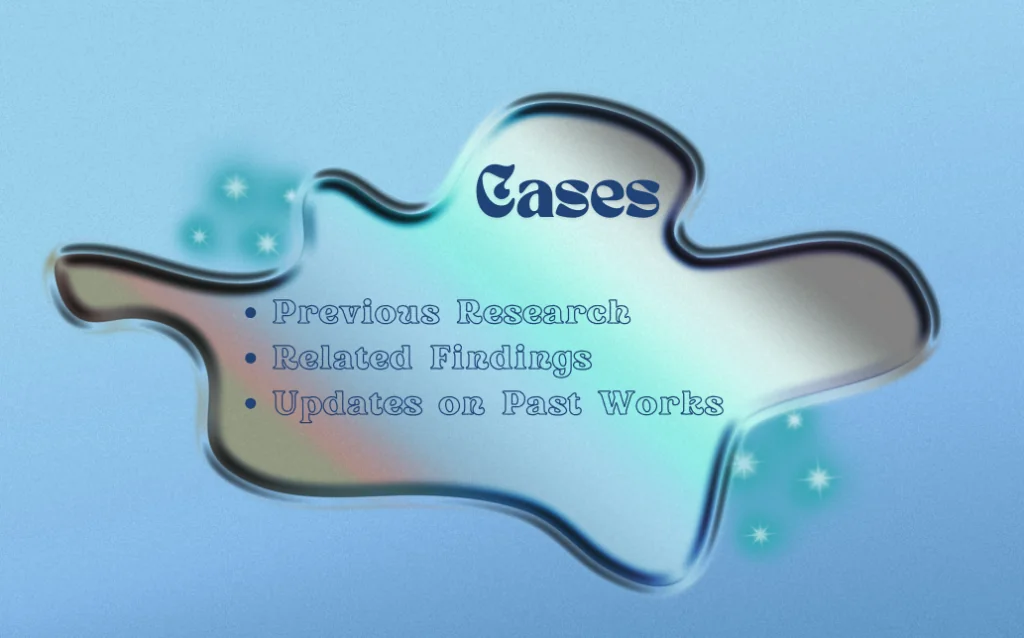
When your current work is a direct continuation or expansion of earlier studies, citing those studies helps to provide a solid foundation and context for your new arguments. Second of all, if you’re exploring a topic related to something you’ve previously published, citing your own work can help link these ideas together and demonstrate the breadth of your research. Finally, in cases where you need to correct or update information from your earlier publications, referencing the original work is both acceptable and required.
To determine whether self-citation is necessary or might border on self-plagiarism, consider these points:
- Relevance. Only cite your previous work if it’s directly relevant to the subject at hand. Irrelevant self-citations can seem like an attempt to inflate your own citations count.
- Proportion. Make sure that self-citations do not dominate your references. Balance citations to your work with citations to others’ work to maintain objectivity and credibility.
- Transparency. Be clear about what you are citing from your own repertoire. If reusing a methodology or data set, specify this clearly to avoid any accusations of self-plagiarism.
Remember, the key is to use self-citation to improve your argument and support the narrative of your research, not to artificially boost your academic profile. Always ask yourself if citing your past work genuinely adds value to your current discussion. If not, then don’t bother.
Instead of dreading the overwhelming effort of creating correctly formatted academic citations, you can use our AI Citation Generator to finish the job quickly and easily.
How to Cite Yourself Properly in MLA, APA, Chicago
Citing yourself might sound a bit odd at first, but it’s perfectly normal in academic writing—provided it’s done correctly. Let’s dive into how you can cite your own work across three major citation styles: MLA, APA, and Chicago.
 APA Style
APA Style
For APA, if you’re citing a published paper of yours, format it like this: Last Name, First Initial. (Year). Title of paper. Journal Name, Volume(Issue), Page range. DOI/PubMed ID
For unpublished works, you’d cite it a bit differently: Last Name, First Initial. (Year). Title of unpublished paper. Unpublished manuscript, Institution Name.
And if you presented at a conference: Last Name, First Initial. (Year of Presentation). Title of presentation. Conference Name, Location.
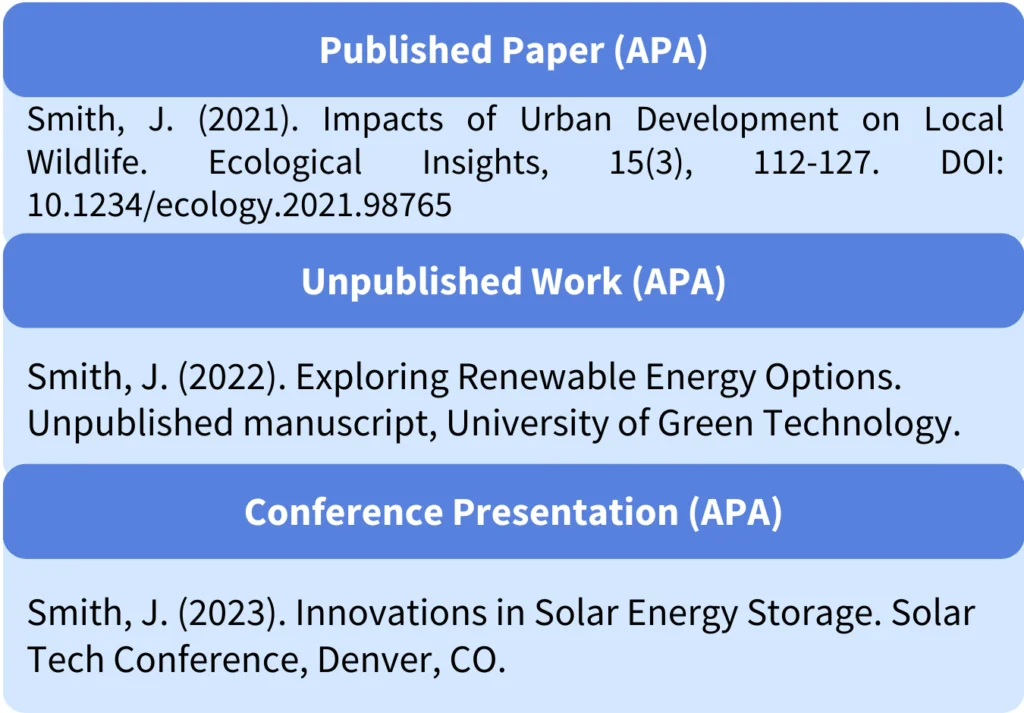
 MLA Style
MLA Style
In MLA format, to cite a published article: Last Name, First Name. “Title of Article.” Title of Journal, vol. #, no. #, Year, pages. Database, DOI/URL.
For unpublished materials: Last Name, First Name. “Title of Document.” Date, Description of Document. Institution, City.
Presentations go like this: Last Name, First Name. “Title of Presentation.” Event, Date, Venue, City. Presentation.
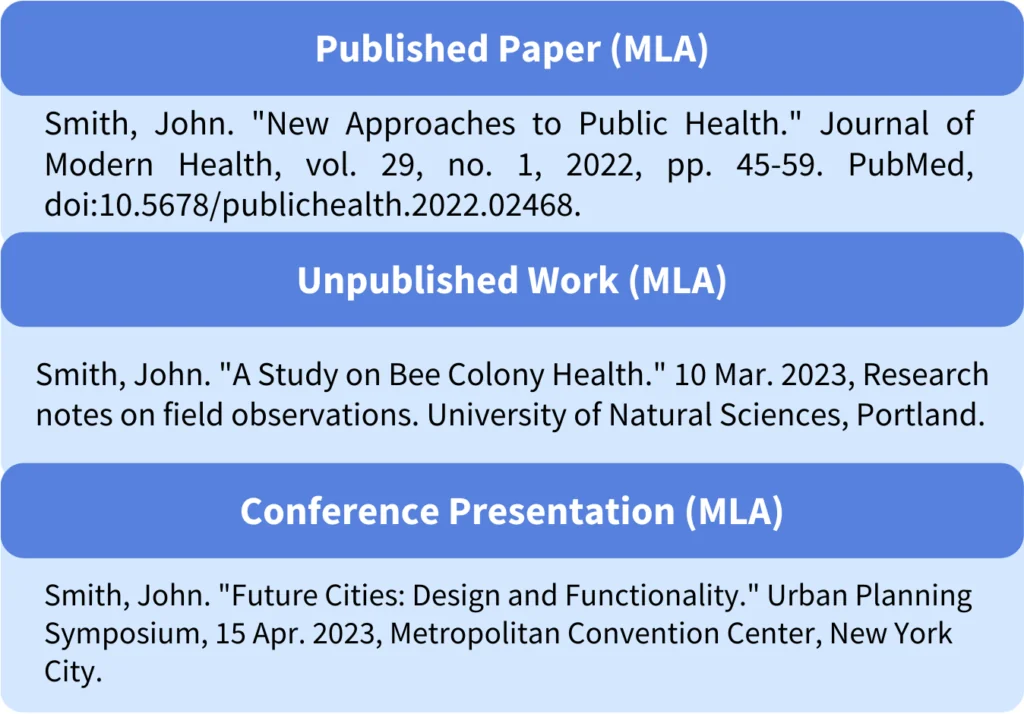
 Chicago Style
Chicago Style
Chicago style requires footnotes or endnotes, alongside a bibliography entry. For a book or article: Last Name, First Name. Title of Book/Article. City: Publisher, Year. In the bibliography: Last Name, First Name. Title. City: Publisher, Year.
For a presentation: Note: Last Name, First Name. “Title of Presentation.” Presented at Conference Name, Location, Date. Bibliography: Last Name, First Name. “Title of Presentation.” Presentation at Conference Name, Location, Date.
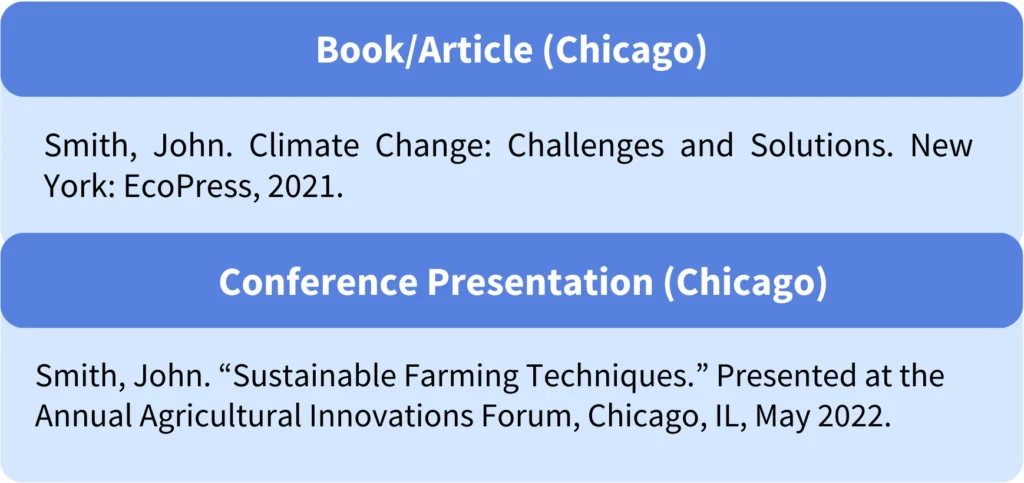
Remember, self-citing is about maintaining academic integrity by properly acknowledging your previous work. So take a moment to double-check your citations and keep your scholarly work in neat order with a free citation generator tool by A*Help!
FAQ
Follow us on Reddit for more insights and updates.


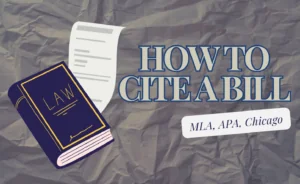


Comments (0)
Welcome to A*Help comments!
We’re all about debate and discussion at A*Help.
We value the diverse opinions of users, so you may find points of view that you don’t agree with. And that’s cool. However, there are certain things we’re not OK with: attempts to manipulate our data in any way, for example, or the posting of discriminative, offensive, hateful, or disparaging material.